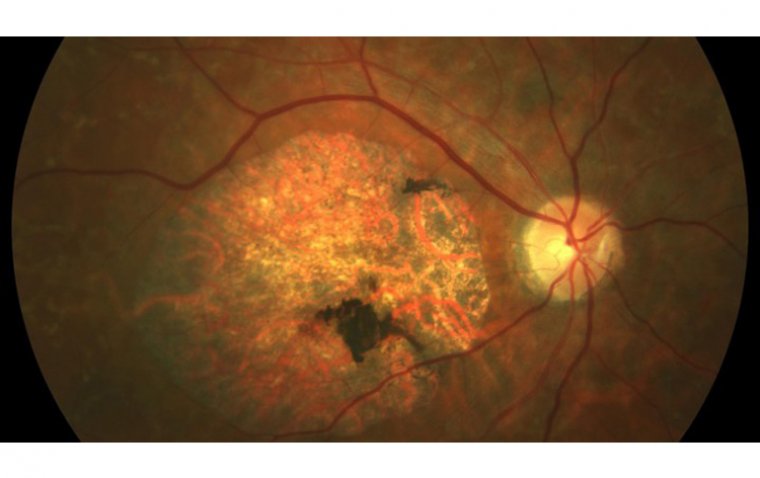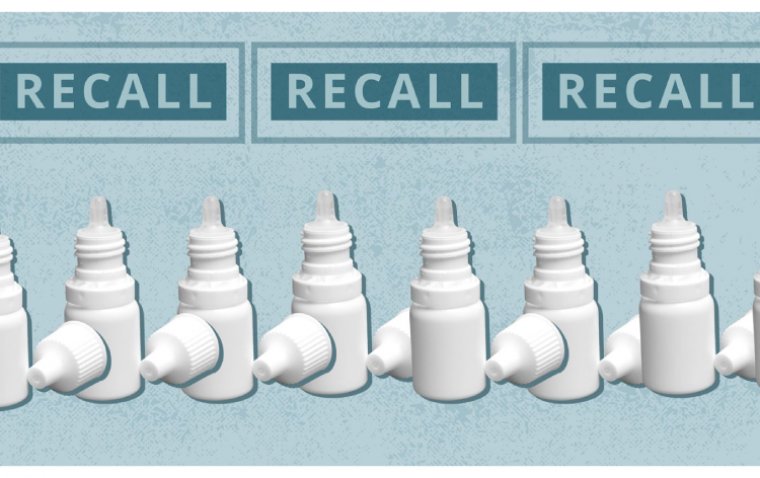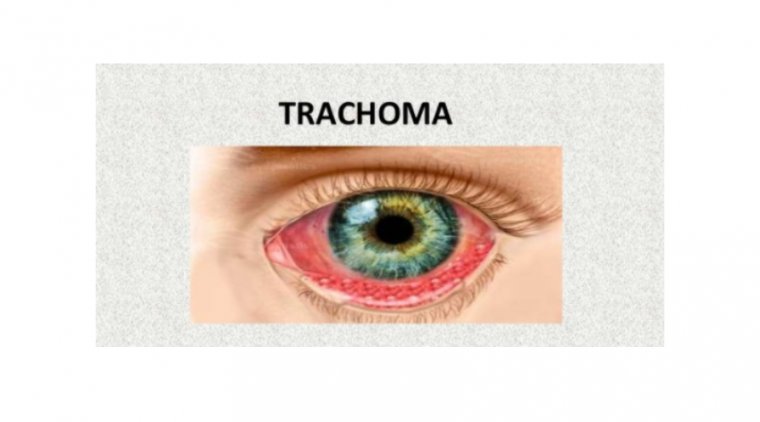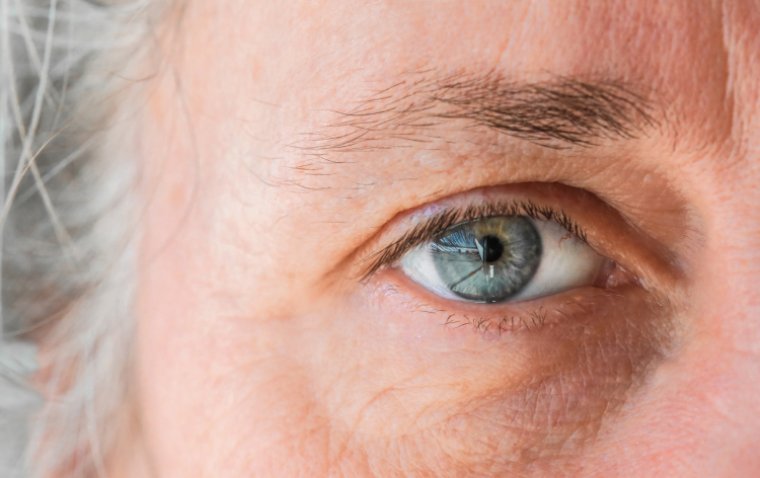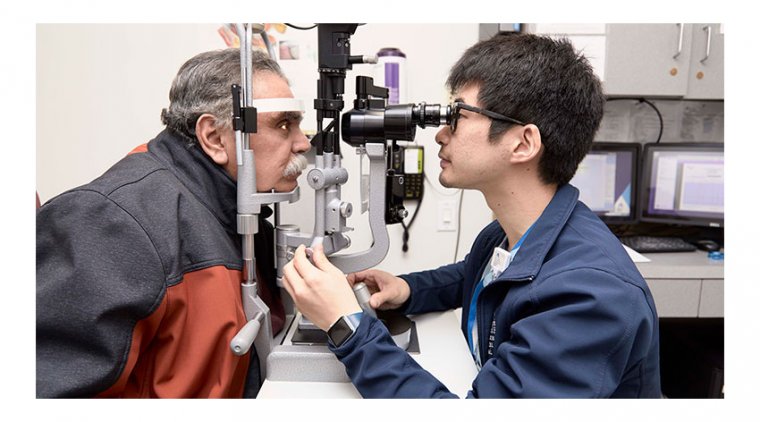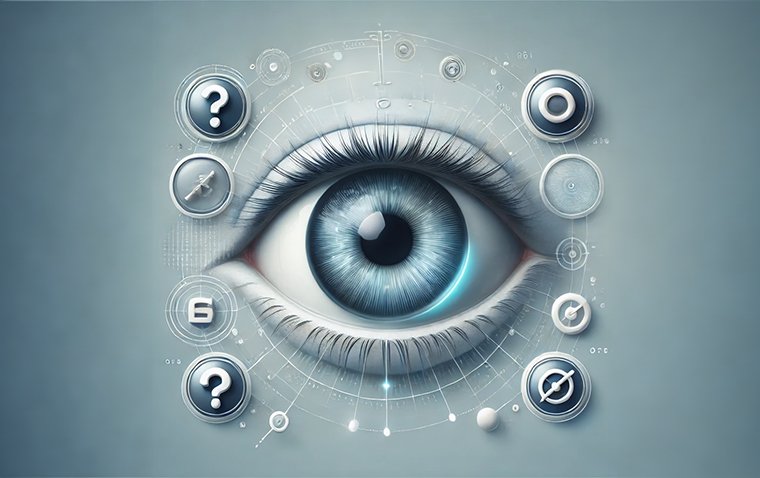
Top 5 Myths About LASIK Surgery Debunked
LASIK surgery has revolutionized the field of vision correction, providing millions of people with clearer vision and freedom from glasses or contact lenses. However, myths and misconceptions surrounding LASIK surgery persist, causing uncertainty and misinformation. Let’s debunk the top 5 myths surrounding LASIK surgery, updated with the latest insights and technological advancements as of 2024.
Myth 1: LASIK Is Not Safe
Debunked:
LASIK is one of the most studied elective procedures worldwide, with decades of data supporting its safety and efficacy. As of 2024, LASIK boasts a success rate of around 99.5%, with the majority of patients achieving 20/40 vision or better. Advanced technologies, such as more precise lasers and enhanced eye-tracking systems, have further minimized risks and improved outcomes, making LASIK safer than ever before.
Myth 2: Recovery from LASIK Takes a Long Time
Debunked:
The recovery period for LASIK is relatively quick, with most patients noticing improved vision within 24 hours. While mild discomfort and side effects like glare or halos can occur, advancements in LASIK technology have significantly reduced their incidence. Most patients are back to their normal activities within a day or two, and full visual stability is usually achieved within a few weeks.
Myth 3: Not Everyone Can Have LASIK
Debunked:
It’s true that LASIK isn’t suitable for everyone, but patient screening has become increasingly rigorous. Today, ophthalmologists use advanced diagnostic tools to ensure that only the most suitable candidates undergo the procedure. Conditions like thin corneas or severe dry eye may disqualify some patients, but alternatives like SMILE or PRK might be recommended instead.
Myth 4: LASIK Is Painful
Debunked:
One of the most persistent myths is that LASIK is painful. In reality, the procedure is virtually painless. Numbing eye drops are applied before surgery, and most patients report feeling only mild pressure during the procedure. Post-surgery, there may be slight discomfort or a sensation of grittiness, but this typically subsides within a day or two.
Myth 5: LASIK Results Are Temporary
Debunked:
The belief that LASIK results are temporary is unfounded. For the vast majority of patients, the results are permanent. While the natural aging process can affect vision, particularly presbyopia (the need for reading glasses), the correction achieved through LASIK remains stable. LASIK can offer long-lasting freedom from glasses and contact lenses, significantly improving quality of life.
Bonus Insight:
With the rise of alternative procedures like SMILE and PRK, it’s essential to understand how these compare to LASIK. While each has its benefits, LASIK remains a highly effective option for those who qualify, offering quick recovery, minimal discomfort, and outstanding visual outcomes.
(1).jpg)

